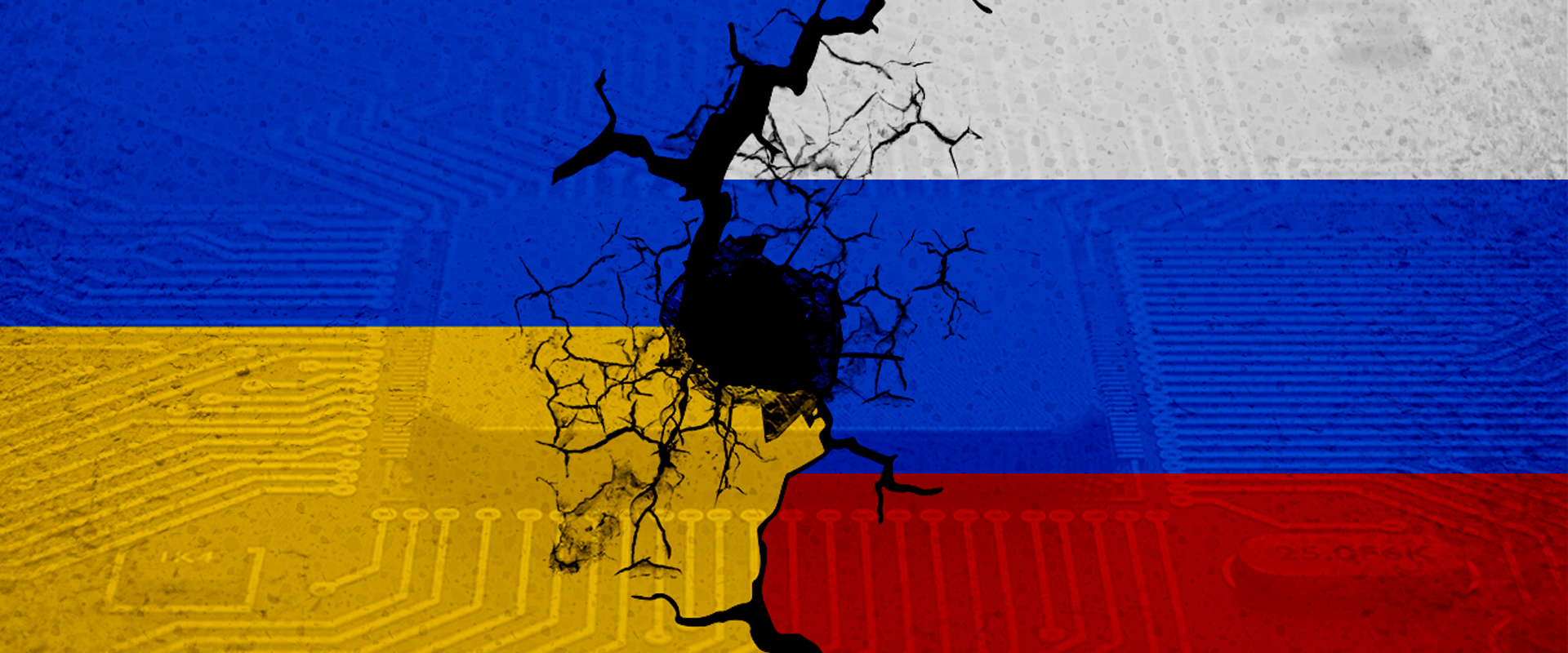
The consequences of the war on industry
Miguel Allen Lima, CEO of ARQUILED, explains why the economic outlook resulting from the Russian invasion of Ukraine is "not encouraging" for the industry
When the world is still struggling with a pandemic, here we have Europe in a war scenario. Something unthinkable until very recently. And regardless of the duration and extent of the conflict, human and economic damages are already extensive and will take a long time to heal.
On the economic front, the pandemic had already forced several factories to close or limit production, creating shortages of goods and raw materials. By the same token, the closure of seaports created chaos in the logistics chains, aggravating shortages and causing a significant rise in prices and enormous pressure on the economy.
In one year the cost of maritime transport rose 500% and aluminum is now at historic highs, reaching 4000USD per ton, doubling the pre-pandemic values. In terms of semiconductors, there are components with lead times of more than one year, affecting all consumer electronics and electrical equipment. According to INE’s (portuguese National Statistics Institute) February bulletin, the Industrial Production Price Index (IPPI), in Portugal, presented a year-on-year rate of change of 20.7%.
We therefore find ourselves in a situation of generalized global inflation. If, on the one hand, the lack of materials limits sales, on the other hand, the increase in material and energy prices limits margins, putting great pressure on companies and, consequently, on consumers.
Europe is not only dependent on russion natural gas
The Russian invasion of Ukraine has only aggravated an already precarious situation. Even in an optimistic scenario of a short-lived conflict, the economic outlook is not encouraging.
Western Europe’s dependence on Russian natural gas is well known, but there are other lesser-known products that are equally important to the industry, such as neon, palladium, and aluminum, to name a few. The first two are used in the manufacture of electronic components and semiconductors. In the case of neon, Russia produces about 90% of the world market, putting significant pressure on an industry that is already struggling to meet demand. On the other hand, with the war effort, it is possible that semiconductor factories will increase production of military-grade components to the detriment of components for civilian use.
A war situation, bad enough in itself from a humanitarian point of view, is now causing a ripple effect on the global economy already weakened by the pandemic. However, if COVID was a fatality, this war was already perfectly expendable.
Miguel Allen Lima
ARQUILED CEO





